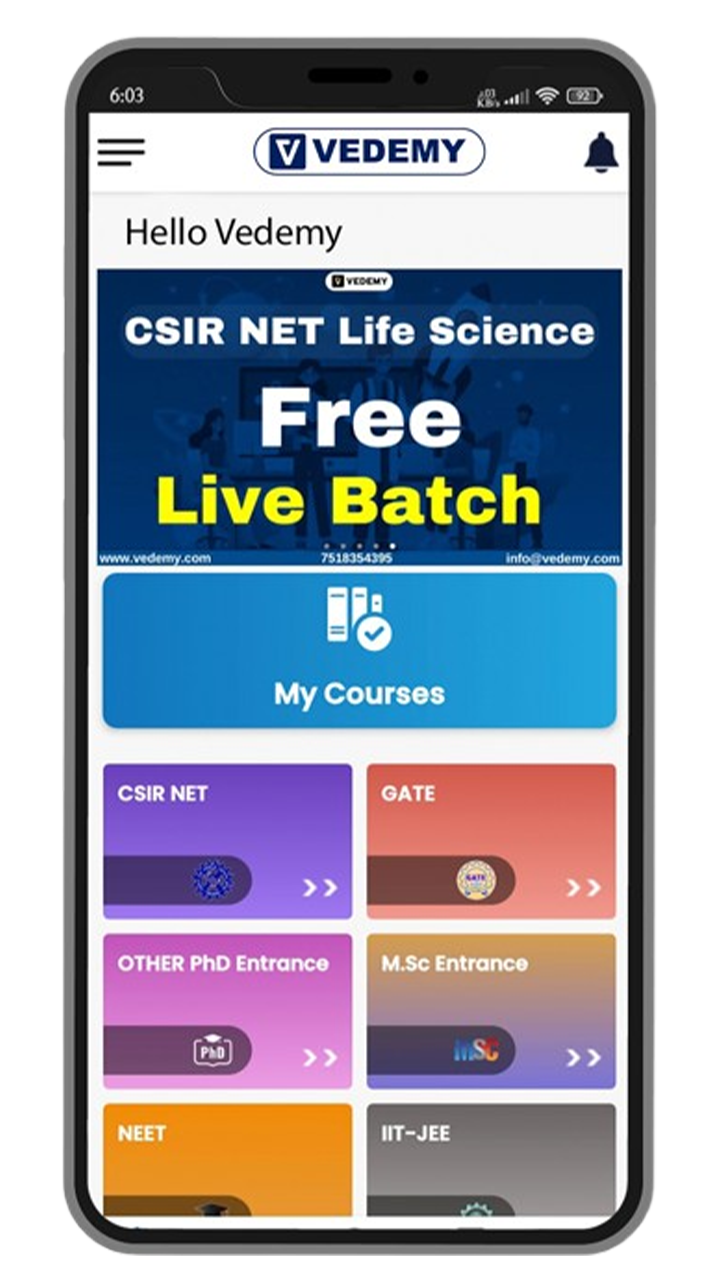Vedemy
4 days agoGenome Analyst Job at Unipath Speciality Laboratory Ltd, Freshers Can Apply
Job Title: Genome Analyst
Company: Unipath Speciality Laboratory Limited
Location: Ahmedabad, Gujarat
Salary Range: Freshers: ₹3.0 – ₹3.5 LPA
Experienced (with relevant background): ₹4.0 – ₹5.0 LPA
Key Responsibilities:
● Perform Next Generation Sequencing (NGS) data analysis and interpret genetic variants using ACMG guidelines.
● Collaborate with senior genome analysts, bioinformaticians, and clinical geneticists for the analysis and interpretation of NGS and other genetic testing results.
● Prepare and deliver accurate clinical reports in standard formats.
● Work closely with reporting managers to continuously enhance the quality and accuracy of reports.
● Handle additional tasks and responsibilities as assigned by the reporting manager/management.
Educational Qualification:
● Master’s degree in Genetics / Biotechnology / Bioinformatics / Life Sciences or related field.
● Candidates with experience in NGS data analysis and variant interpretation will be preferred.
Salary Range:
● Freshers: ₹3.0 – ₹3.5 LPA
● Experienced (with relevant background): ₹4.0 – ₹5.0 LPA
Click here to apply online
https://airtable.com/appgHgeE8gPQiEaKC/shrIlXPf65PhfbLh2 Keywords: Please ensure you are subscribed to the Vedemy YouTube channel Follow us on social media like Twitter, Telegram, Facebook and Instagram. Genome Analyst Job at Unipath Specialty Laboratory Ltd, Freshers Can Apply Now.













